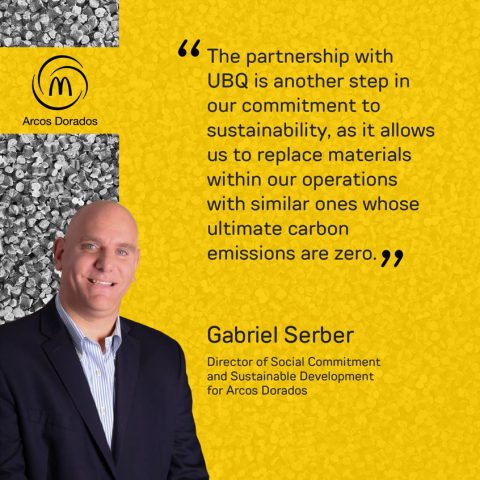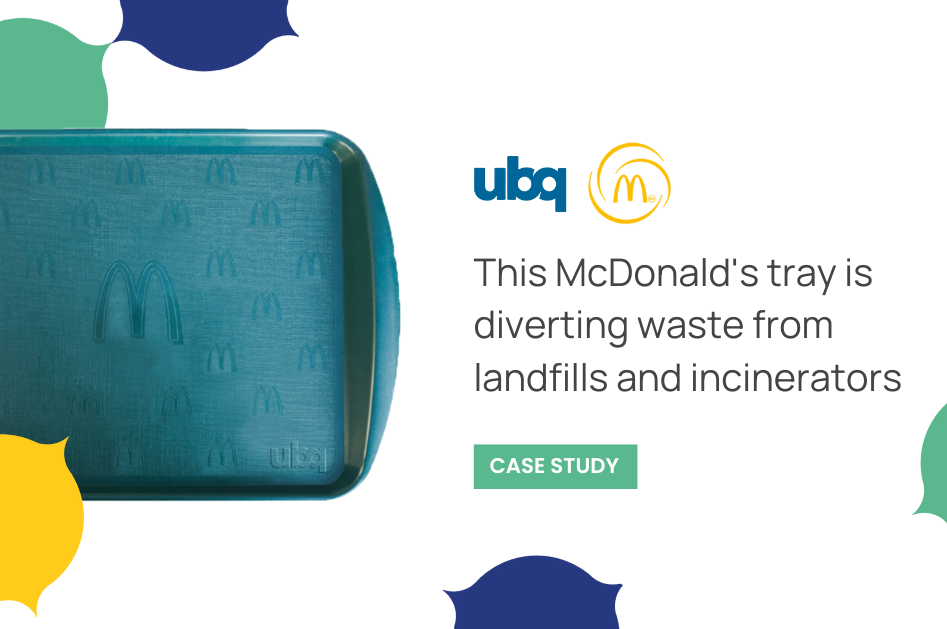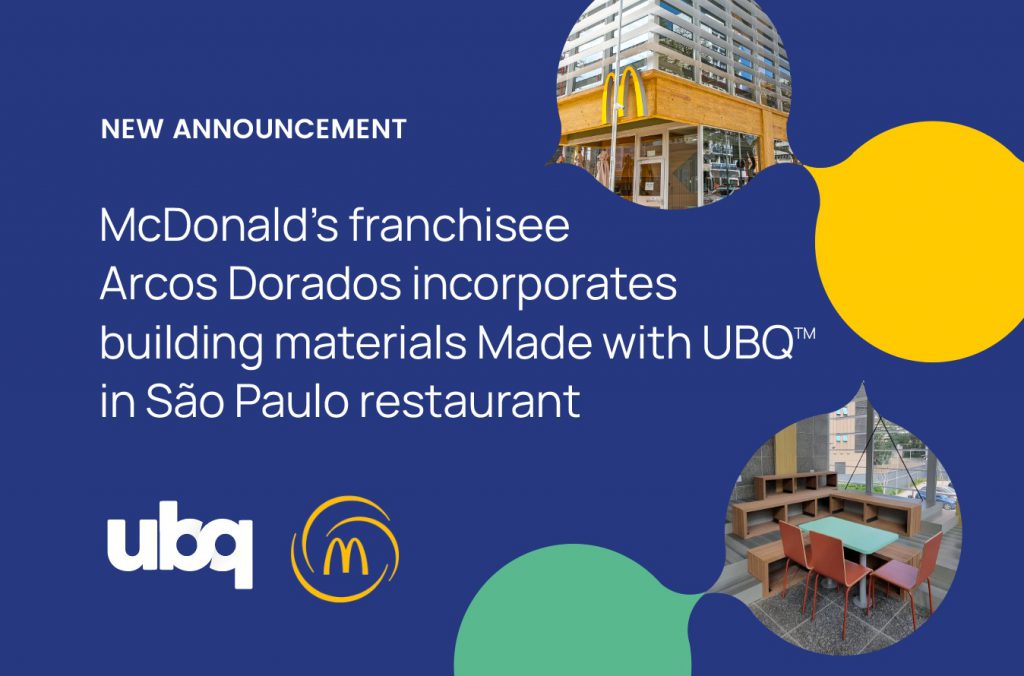The world’s largest independent McDonald’s franchisee, Arcos Dorados, operates the most extensive quick-service restaurant chain in Latin America and the Caribbean. The company and its sub-franchisees operate around 7% of McDonald’s locations worldwide. That translates into more than 2,250 restaurants in 20 countries with over 100,000 employees.
Arcos Dorados is committed to making significant contributions to the U.N.’s 17 Sustainable Development Goals (SDGs). Along with McDonald’s, the company has long been a world leader in sustainability for the fast-food industry. Both entities continuously push the boundaries of how restaurants in the sector can reduce their environmental impact.
Arcos Dorados has also devoted considerable resources to the development of communities in which it operates. It provides scores of young people with their first formal job opportunities and uses its “Scale for Good” initiative to achieve positive impacts in sustainable sourcing, climate change, circular economy, family and wellness.
As part of its quest to replace restaurant materials with similar, more sustainable ones, Arcos Dorados announced in late 2020 it was teaming up with UBQ to begin producing trays with UBQ’s climate-positive material. The collaboration expands what Arcos Dorados considers its responsibility to care for the environment and do good for society.
“The partnership with UBQ is another step in our commitment to sustainability, as it allows us to replace materials within our operations with similar ones whose ultimate carbon emissions are zero,” says Gabriel Serber, Director of Social Commitment and Sustainable Development for Arcos Dorados. That’s in line with the franchise’s global goals to reduce greenhouse gas emissions by 36% in restaurants and offices and by 31% throughout the supply chain by 2030.
The Discovery
Arcos Dorados implemented its Circular Economy strategy [LCDSL2] with a plastics reduction program in 2018, and since that time it estimates it has removed over 1.3 tons of the material from its operations. As part of its sustainability efforts, the company wanted to find a way to tackle Latin America’s well-documented urban waste problem, where at least a third of all waste generated ends up in open dumps or the environment, polluting the local water, soil, and air.
UN Environment has urged countries to progressively close the dumpsites, which put people’s health at risk and threaten to damage agriculture, tourism, and other industries. The region has made progress, but more than 35,000 tons of waste remain uncollected each day. Latin American countries also face serious challenges in transitioning to a circular economy. Only 10% of the waste they produce is being reused through recycling or other recovery techniques.
When Arcos Dorados heard UBQ had created its sustainable thermoplastic in a process that used unsorted residual waste, composed of things like banana peels, cardboard, dirty plastics, and baby diapers, it saw an opportunity for incentivizing its suppliers to use UBQ™ material in products that did not involve food contact. The initial idea was to have the two manufacturers who produced the franchisee’s trays incorporate UBQ™ material into their product line. Unhappy with the small percentage of UBQ™ material used for the first batch of trays, McDonald’s pushed to increase the amount to 12.5%.
The success of their first collaboration has Arcos Dorados anxious to find additional opportunities for incorporating UBQ™ material into its supply chain. The franchisee looks forward to an on-going relationship with the facilitator of one of the world’s most innovative—and climate-positive—thermoplastic materials.
The Challenge
Achieving a circular economy is one of Arcos Dorados’ strategic pillars. The company has developed several pilot projects, including one that recycles vegetable oil to be reused as biodiesel. It considers its partnership with UBQ a starting point to boosting its circular economy goals and at least two of its principles: designing out waste and keeping products and materials in use.
Arcos Dorados and UBQ needed to find a way to bring the franchisee’s sustainable visions to life. The primary challenge was finding scalable, innovative solutions that considered both the consumer and the system within which the initiative exists, while also educating consumers on how they can act positively to improve the environment.
The Results
As of early 2021, 18,000 McDonald’s trays using Israeli-made UBQ™ material have been produced and will be used in 30 cities in 20 Brazilian restaurants. The trays are made out of 75% recycled PP, 12.5% virgin PP, and 12.5% UBQ™. The appearance, texture, and strength of the new trays are the same as the non-UBQ™ ones.
The trays’ production has diverted 994 kg of waste that would have otherwise been dumped in landfills and has avoided an estimated 3,251 kg CO₂eq (GWP100). Moving forward, Arcos Dorados has announced that 100% of their trays will be manufactured with the innovative thermoplastic. The trays are just the tip of the iceberg when it comes to the planned partnership and activities between McDonald’s, Arcos Dorados and UBQ. There is a full UBQ™ product line in development.
For Arcos Dorados, its partnership with UBQ supports other SDG-related sustainable initiatives the franchisee is involved in, such as energy efficiency projects like installing LED lighting and advanced air conditioning methods. The company also uses its restaurants as “information, education, and training centers” for its communities. Together, Arcos Dorados and UBQ can have a real, sustainable impact, transforming the way society both views and recycles its waste, including organics.



